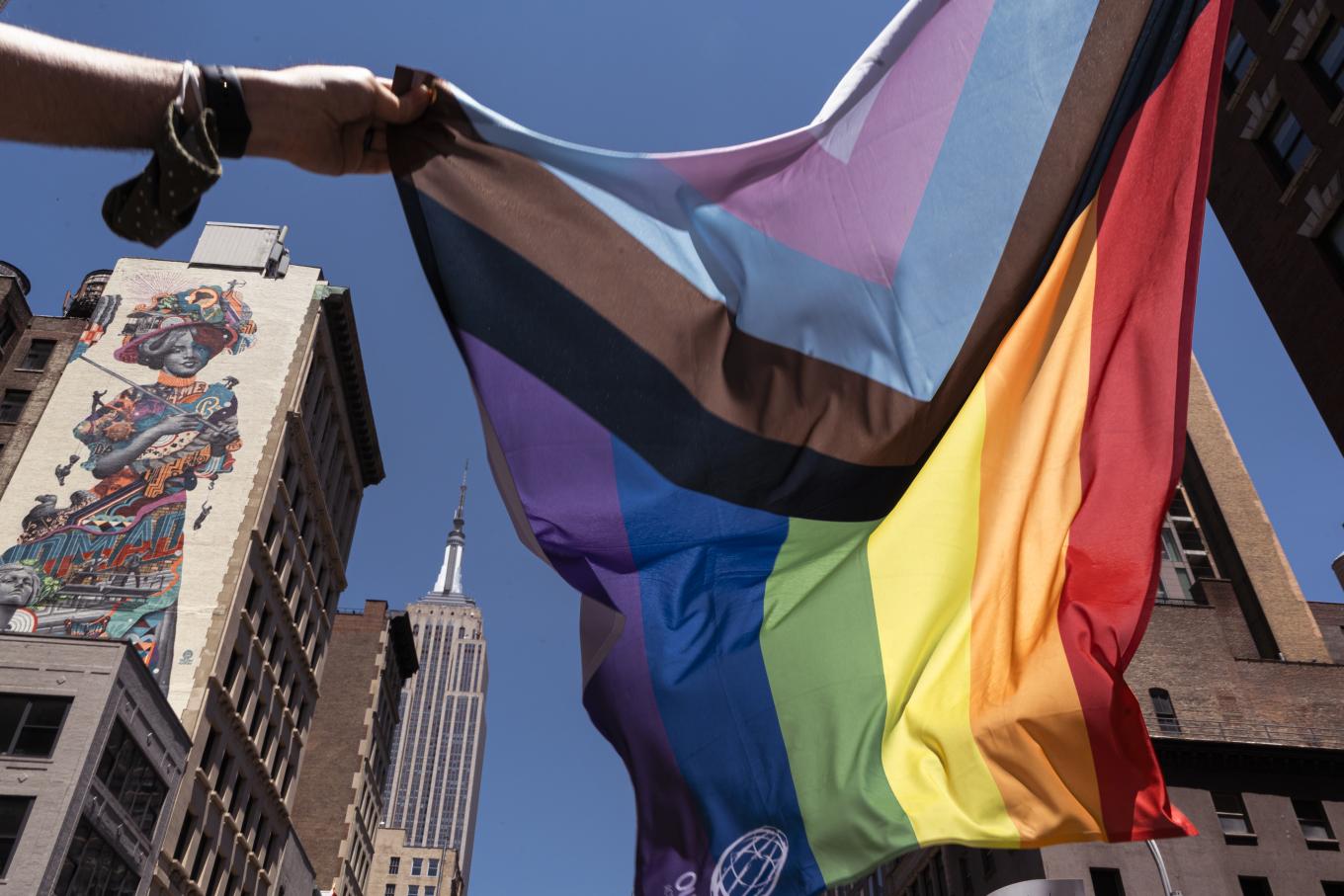
Country Overview
Kenya
At a glance
View more for this country:
Notable progress has been made in the recognition of the human rights of LGBTIQ people in Kenya in the last decade, largely through victories in the courts. In 2018, the Court of Appeal in Mombasa ruled that forced anal testing was unconstitutional, and in 2024 the petitioners in that case were awarded compensation. In 2023, the Supreme Court of Kenya upheld the decision of the lower courts in a judgment that safeguarded the freedom of association of LGBTQ organizations by allowing them to officially register. This progressive judgment was followed by heightened pushback. There were protests in several counties and increased homophobic remarks by religious and political leaders against LGBTIQ persons. In April 2023, MP Peter Kaluma proposed a Family Protection Bill seeking to further criminalize consensual same-sex relations. The bill has not been tabled before Parliament.
In response to a series of homophobic protests and remarks, the Centre for Minority Rights and Strategic Litigation filed a petition to compel the respondents to stop inciting hatred and discrimination against LGBTIQ persons. In 2024, the High Court in Mombasa issued a temporary order in favor of the petitioners. The matter is yet to proceed to a full hearing.
Same-sex intimacy remains criminalized in Kenya under sections 162 and 165 of the Penal Code. In 2019, the High Court of Kenya upheld the “unnatural offenses” laws, claiming that the law is not discriminatory and would, if abolished, open the door to same-sex marriage, which is unconstitutional in Kenya. The decision was appealed and is awaiting a hearing by the Court of Appeal.
Kenya also enacted laws that would negatively impact the operations of LGBTIQ organizations. The registration process under the Public Benefits Organisation Act 2013 and the rules on the renewal of registration of organizations under Section 14 of the Community Groups Registration Act of 2022 put additional stringent measures that would expose LGBTIQ organizations. Section 19(2) of the Refugee Act of 2021 provides a “breach of public morality” as grounds for the expulsion of refugees or asylum seekers in Kenya. At the same time, Kenya is the first country in Africa to grant universal rights and recognition to intersex people. In July 2019, Kenya incorporated an intersex category into the national census, and in 2022, an amendment to the Children’s Act saw the inclusion of explicit protections for Intersex children. In 2023, the Intersex Persons Bill 2023 was drafted in a process led by the Kenya National Commission on Human Rights, but it is yet to be introduced in Parliament. In February 2025, Kenya officially acknowledged intersex individuals in its birth registration process when it revised the Births and Deaths Registration Act to include “intersex” as a category in official records.
Conversion practices are still common. Hate speech from politicians and religious leaders is prevalent and legitimizes violence and discrimination against LGBTIQ people.
Hate crimes can be perpetrated with impunity, as LGBTIQ people do not seek protection for fear of further victimization, outing, or abuse at the hands of law enforcement.
*Outright research indicates that the bodily autonomy of intersex people is respected and protected in this country.
Global Impact
Sub-Saharan Africa
Outright supports LGBTIQ organizations in Sub-Saharan Africa and works with mainstream human rights organizations to respect human rights and influence positive changes in laws, policies, attitudes and beliefs that cause discrimination against LGBTIQ people.
United Nations
Our work at the United Nations centers around advocating for the advancement of the rights of LGBTIQ people.
View this regionAsia
Our work in Asia promotes acceptance of sexual and gender diversity at all levels of society.
View this regionSouthwest Asia and North Africa
In the Southwest Asia and North Africa, we partner with local groups in various countries as part of our international solidarity work. We also work with our local partners on different topics through capacity building, advocacy, research and holistic security.
Europe and Central Asia
Outright International partners with activists to fight for an end to human rights violations based on sexual orientation, gender identity and gender expression in Europe and Central Asia, where most of our work involves emergency responses to harassment, discrimination, violence, and most recently, Russia’s brutal and expanded invasion of Ukraine.
Americas
Our work in the Americas continues to build on the fundamental and positive transformation of human rights protections in recent years. We partner with groups in the Caribbean that focus on ending gender-based violence and eradicating discrimination against trans people.
Pacific
Our work in the Pacific aims to increase the visibility of activists, respond to human rights emergencies, and actively bridge local, regional, and international activism to achieve equality and justice.
Global
View this region
Human Rights Research
Since 1990, we have partnered with activists from all over the world to produce hundreds of groundbreaking reports.
Read Our Reports